Interacting with entrepreneurs is always enlightening because no two business people are ever the same!
Their approaches to systems, processes and controls often differ based on personality and background. Some business owners like to set up sturdy business systems from the onset so that when the boom times come, there is already a solid foundation in place.
Others charge full steam ahead with everything else BUT systems and processes. For them, it’s all about sales, orders and money in the bank first!
If you fall within the former group, and you are working through your Business 101 checklist, then it’s worthwhile to consider the ensuing discussion.
One of the assumptions I often encounter from those who are systems-and-processes oriented is that “an audit is a prerequisite”. This is the myth I want to debunk today.
Whenever a new business owner seeks to appoint me as their “auditor”, I always ask them to clarify exactly what they mean. Oftentimes, I then realise they are under the impression that a traditional audit is mandatory for all companies in South Africa. However, in terms of the Companies’ Act No. 71 of 2008, this is not the case.
A traditional audit, by its nature, is meant to provide a high level of assurance to the user of the financial statements. So whether you want to attract potential investors or finance your business through borrowings, or if you are considering selling your business in the near future, then you will probably need a full audit.
Alternatively, you could be in an industry where an audit is prescribed because of certain inherent risks, such as lawyers or estate agents who hold funds in trust for their clients. However, for the majority of small businesses, particularly at inception, an audit might be an unnecessary expense.
As a new business owner, you have alternatives to a full audit for your business. You could opt for a route that provides some level of assurance to a third party who is relying on your financial statements. It might not be the high level of assurance that a full audit provides, but could possibly fulfill what the third party is looking for. Below are two cost-effective alternatives to the traditional audit:
Compilation – financial information is presented in accordance with an acceptable financial reporting framework. In South Africa we typically use either IFRS (International Financial Reporting Standards) or IFRS for SMEs (Small to Medium Enterprises). In such an engagement, the information is prepared according to information provided by management to the accountant, but the accuracy and completeness of the underlying information cannot be assured by the accountant because all they have done is prepare the financials based on information provided. They haven’t checked that the figures are correct.
Review – where the accountant analyses financial information provided by management to test that the figures make sense, eg. with reference to ratios, previous years’ performance, budgets etc. A review can only be undertaken by a registered auditor or by a member of an accredited professional body such as SAICA/ACCA or CIMA. It is similar to an audit, but provides limited assurance to the third-party user.
The Companies’ Act provides certain criteria which consider both size and activity in order to ascertain if an audit is required or not. The following companies require an audit outright:
(a) Any profit or non-profit company if it holds assets in a fiduciary capacity for non-related persons, and the value of the assets exceeds R5 million at any time in the financial year
(b) Organs of state, state-owned companies, international or foreign-owned companies
For other types of companies, the Companies’ Act of 2008 introduced the concept of Public Interest, which is a score calculated by awarding points based on the level of interest the public has in that company. The public interest factors considered are:
- Employees (number of points equals average number of employees during the financial year)
- Third party liability / debt – (One point for every R 1 million (or part thereof) in creditors at the end of the financial year end)
- Turnover (or sales) (One point for every R 1 million (or part thereof) in turnover during the financial year
- Individuals (One point for every individual who, at the end of the financial year, is a shareholder (in a company) or member (in a non-profit company)
In terms of this measure, a company whose public interest score in that financial year is:
- 350 or more – must be audited,
- Between 100 to 249 – must be audited if the financials are internally compiled,
- Between 100 to 249 – reviewed if the financials are externally compiled
- Less than 100 – must be reviewed where not all shareholders are also directors of the company. If all shareholders are also directors, then there is no requirement for an audit.
If all this seems a bit technical, we at Zuva Financial Services can assist you to work out your score and what this means for your business.
Having said all of the above, not having an audit should not detract you from maintaining good solid financial records. Poise your business for success in every way you can! You just need to be aware of the various options you have so that you can select the one that suits your business.
Contact us and we will help you navigate the different options and advise you regarding the one that is best for your business.




